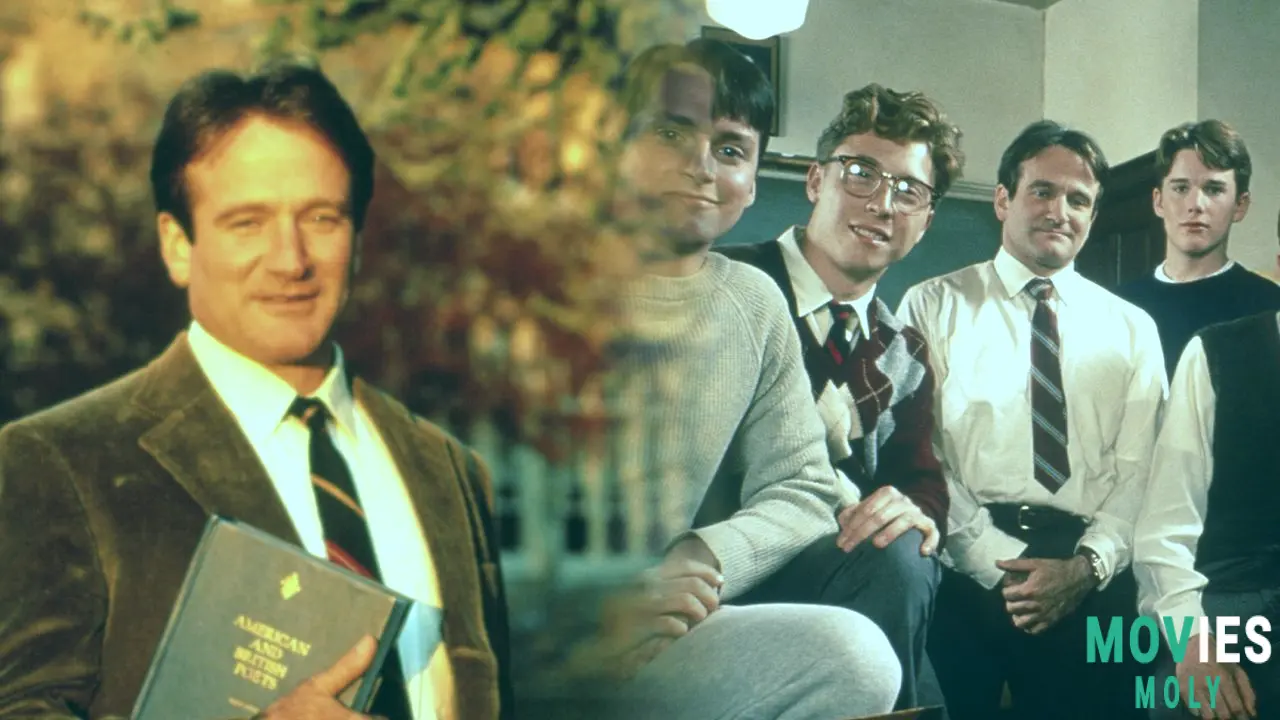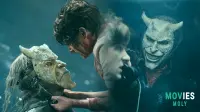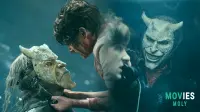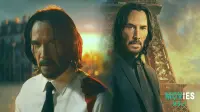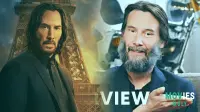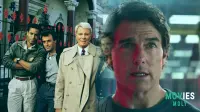Ethan Hawke recently looked back at his time filming the 1989 classic Dead Poets Society, sharing an amazing behind-the-scenes revelation about how Robin Williams' spontaneous acting style taught him an unforgettable lesson about creativity and collaboration.
TL;DR- Ethan Hawke, then 18, witnessed Robin Williams' unconventional, unscripted approach on the set of Dead Poets Society.
- Williams often improvised, famously "not doing the script" and "not asking permission" for his brilliant ideas.
- Director Peter Weir embraced this spontaneity, fostering a unique collaboration that profoundly influenced Hawke's understanding of acting and teamwork.
A Timeless Tale of Inspiration and Rebellion
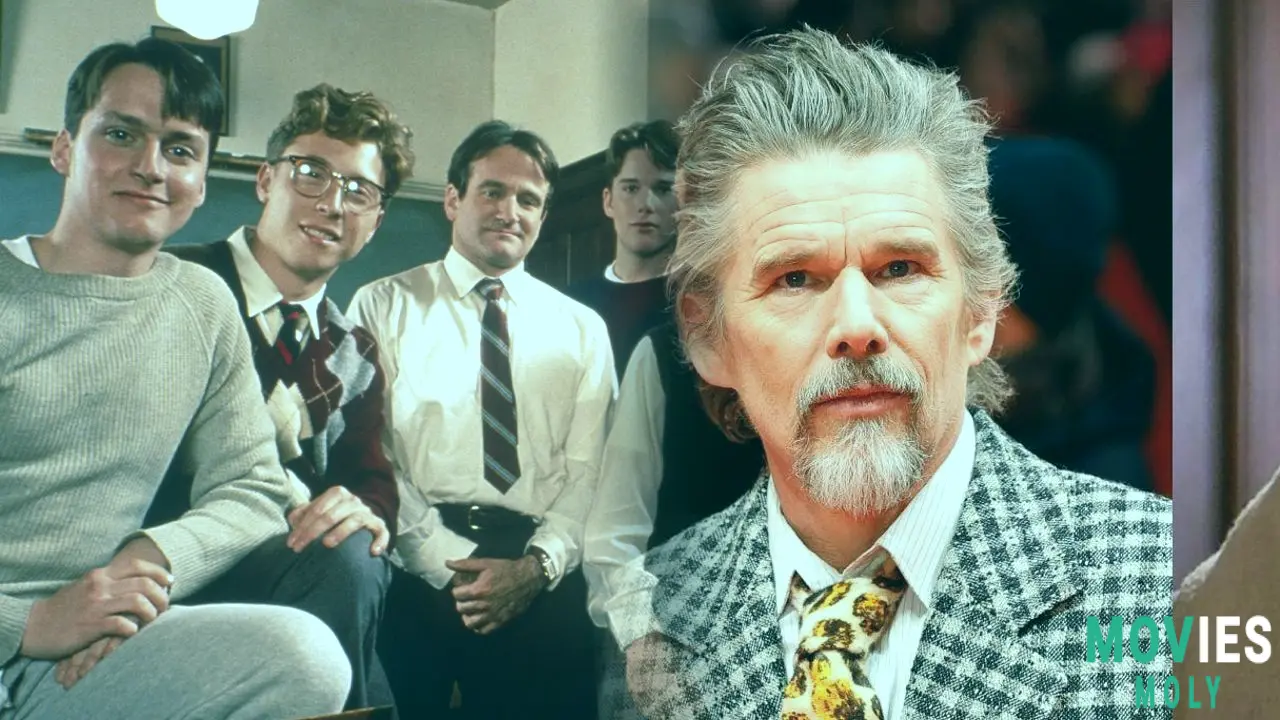
For many of us, Dead Poets Society isn't just a movie; it's a moment in cinematic history. Released in 1989, this beloved film introduced us to the charismatic and unconventional English teacher, John Keating, played by the late, great Robin Williams. He arrives at the stuffy, prestigious New England boys' boarding school in 1959, ready to ignite a passion for poetry and free thought in his students, famously urging them to "Carpe Diem" – seize the day. Among those students was Todd Anderson, a shy and introverted young man brought to life by an 18-year-old Ethan Hawke.
The film itself was a huge success, not just at the box office where it pulled in an impressive $235 million worldwide (making it the fifth-highest-grossing film of 1989!), but also with critics. It snagged an Academy Award for Best Writing, Screenplay Written Directly for the Screen, and earned Oscar nominations for Best Picture, Best Actor for Williams, and Best Director for Peter Weir. It's a film that continues to resonate, reminding us of the power of mentorship and daring to be different.
Witnessing a Comic Genius Embrace Dramatic Depths
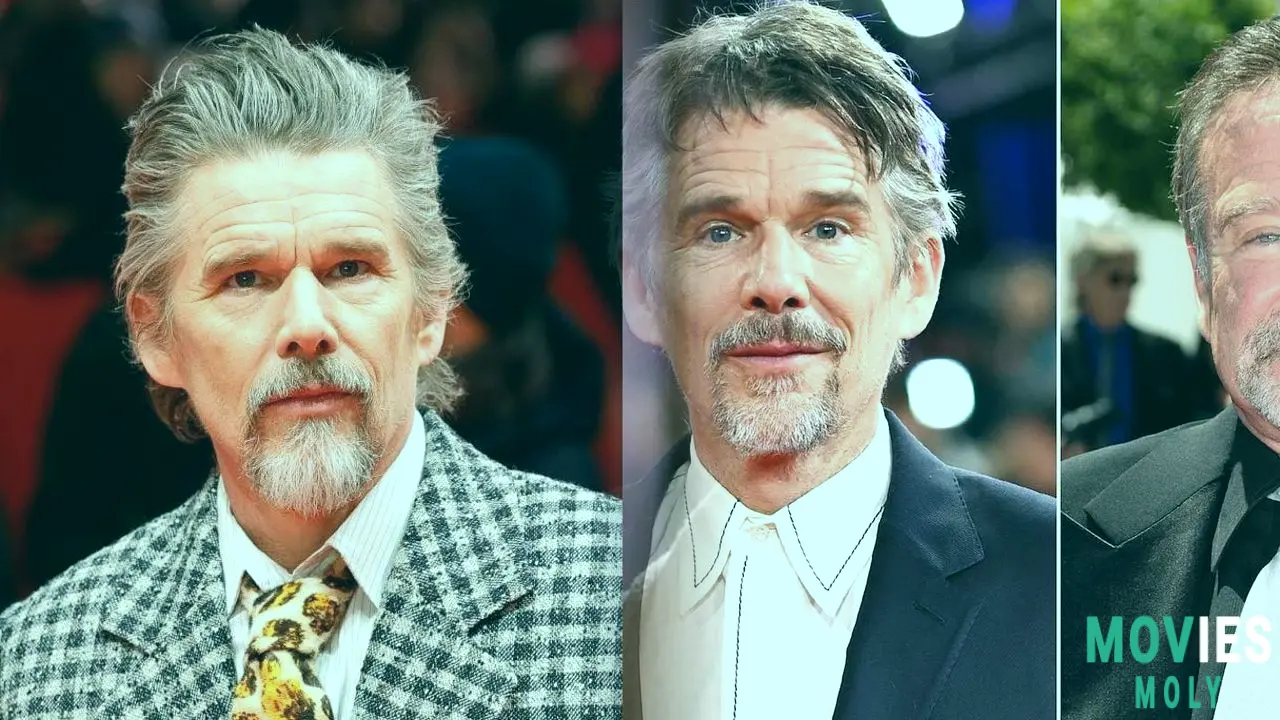
During a recent career retrospective video interview with Vanity Fair, Ethan Hawke couldn't help but reflect on his time working alongside Williams and director Peter Weir. It was a formative experience, seeing a master at work, especially as Williams navigated what was, at the time, still somewhat new territory for him: dramatic acting.
"I’m watching him direct Robin Williams, not an easy thing to do, ’cause Robin was a comic genius. But dramatic acting was still new to Robin at that time," Hawke recalled. Being just four feet away from Williams and Weir as they discussed performances left an indelible mark on the young actor. It was "something you don’t unsee," he noted, highlighting the intimate and impactful nature of those observations.
"Robin Williams didn’t do the script, and I didn’t know you could do that. If he had an idea, he just did it. He didn’t ask permission. And that was a new door that was opened to my brain, that you could play like that."
— Ethan Hawke, Vanity Fair interviewThis insight into Williams' creative process is truly fascinating. While we all knew Robin Williams for his incredible improvisational skills and quick wit, hearing that he applied this spontaneous approach even to dramatic roles, without explicitly asking for permission, paints a picture of an artist utterly driven by his instincts. It speaks volumes about the level of trust and respect on set.
The Art of Trust and Creative Collaboration on Set
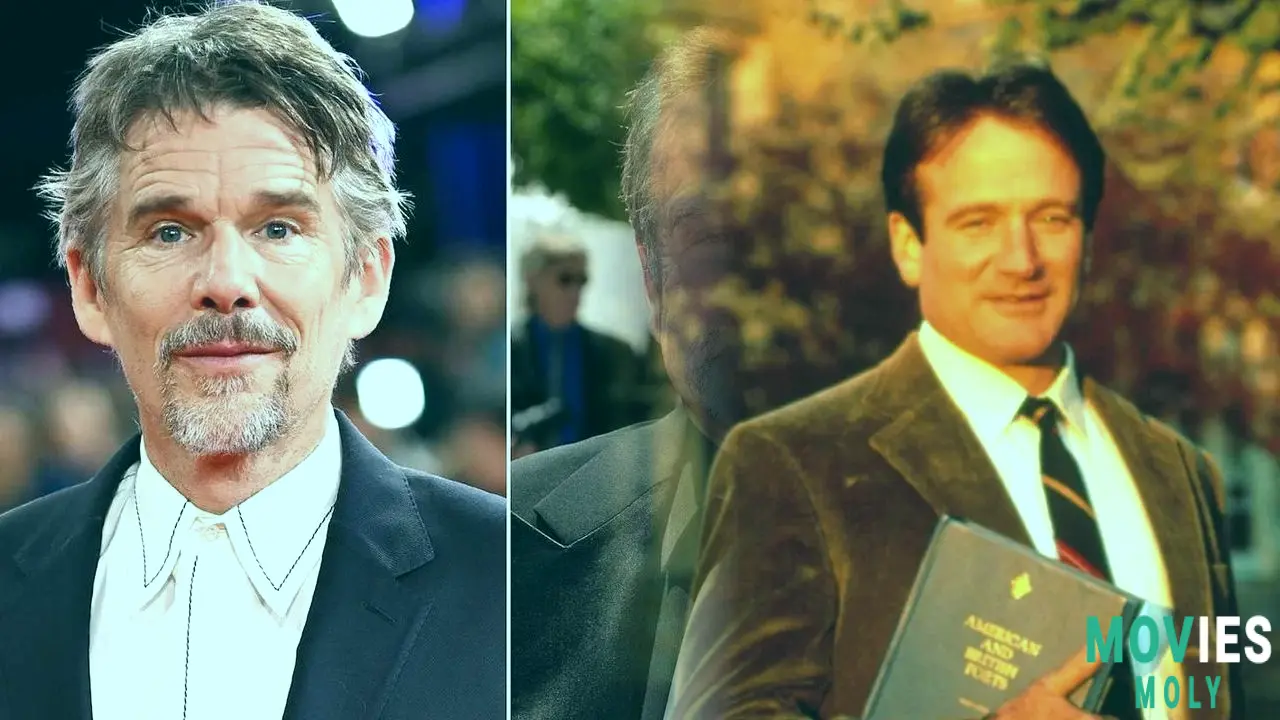
It wasn't just Williams' willingness to go off-script that impressed Hawke; it was also how director Peter Weir handled it. Weir, a celebrated filmmaker in his own right, understood that sometimes the best creative magic happens outside the lines. "Peter liked it, as long as we still achieved the same goals that the script had," Hawke explained.
This speaks to a brilliant director who knew how to harness genius without stifling it. It wasn't about rigid adherence; it was about achieving the narrative's soul, regardless of the path taken. Hawke elaborated on the dynamic between the two, noting that despite having "a very different way of working," they didn't fall into the trap of judgment or resistance. Instead, "They worked with each other. That’s exciting — that’s when you get at the stuff of what great collaboration can do."
This philosophy of embracing differences rather than fighting them is a powerful lesson, not just in filmmaking, but in life. "You don’t have to be the same — you don’t have to hate somebody for being different than you are," Hawke wisely pointed out. When diverse perspectives come together respectfully, "the collective imagination can become very, very powerful, because the movie becomes bigger than one person’s point of view. It’s containing multiple perspectives."
How a Young Actor's Perspective Was Forever Changed
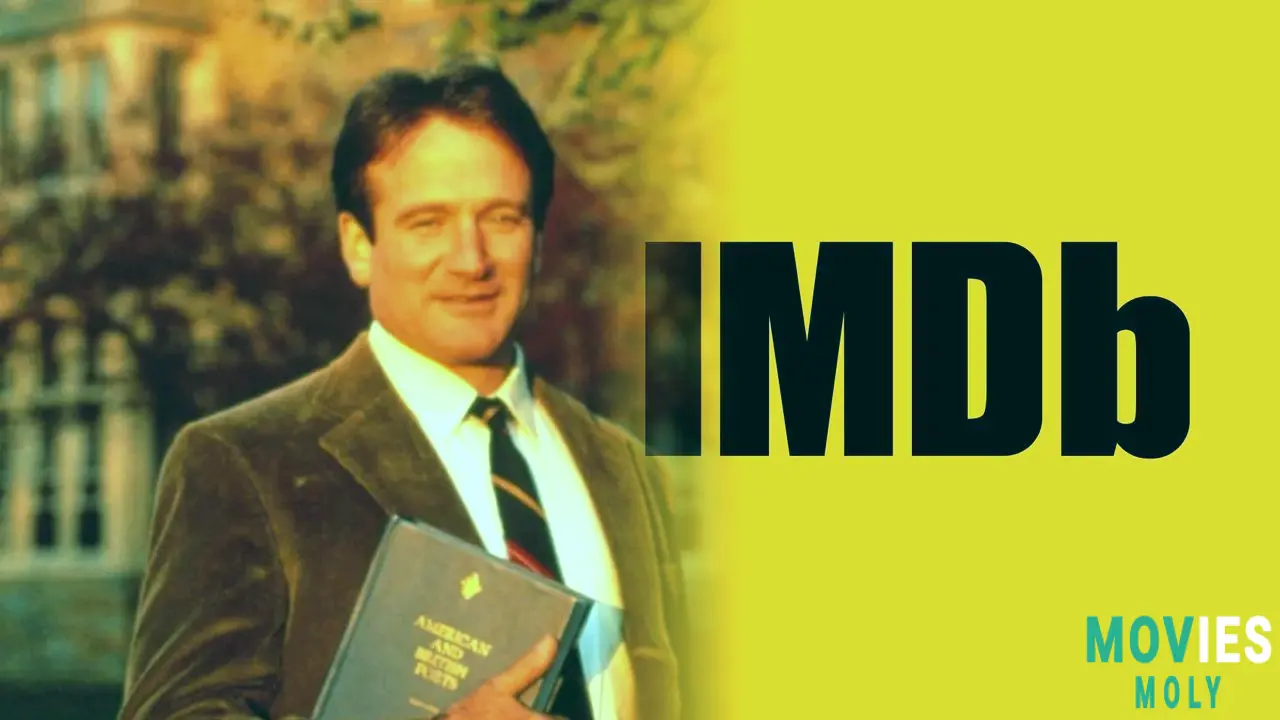
For Ethan Hawke, who was just starting his career, witnessing this level of creative freedom and collaborative spirit was nothing short of a revelation. He admits he "didn't know you could do that" – that an actor could simply "do it" if they had an idea, without asking permission. This opened a "new door" in his brain, showing him that acting could be a form of play, a space for spontaneous exploration within the framework of the story.
This experience clearly shaped Hawke's own approach to his craft, influencing his long and diverse career. From his iconic roles in films like Training Day to his celebrated collaborations with director Richard Linklater on the 'Before' trilogy, Hawke has consistently demonstrated a nuanced and deeply considered performance style that benefits from a profound understanding of character and story, much like what he observed from Williams.
The Enduring Echoes of a Legendary Performer
Robin Williams' portrayal of John Keating remains one of his most beloved roles, showcasing his ability to blend humor, gravitas, and profound emotional depth. While his comedic genius was undeniable, Dead Poets Society proved he was also a dramatic force to be reckoned with. Sadly, Williams passed away in 2014 at the age of 63, after struggling with an undiagnosed case of Lewy Body Dementia (LBD). His legacy, however, continues to inspire and move audiences around the world.
Hawke’s memories give us a precious glimpse behind the curtain, highlighting not just Williams' unparalleled talent, but also the vital importance of an environment where creativity is nurtured, even when it veers from the expected path. It’s a testament to the magic that happens when artists trust each other and dare to "play."
Ethan Hawke: Still Seizing the Day in HollywoodDecades after his breakout role in Dead Poets Society, Ethan Hawke is still going strong in Hollywood. He's currently starring in Black Phone 2 and has another exciting project on the horizon: Blue Moon. Directed by his frequent collaborator Richard Linklater, Blue Moon features Hawke as legendary lyricist Lorenz Hart. The film will explore Hart's journey as his professional and private life unravel at the opening night party for his former partner’s hit show Oklahoma!. The film also stars Margaret Qualley, Bobby Cannavale, and Andrew Scott.
Off-screen, Hawke is a family man, married to Ryan with daughters Clementine (17) and Indiana (14), and also a father to Maya (27) and Levon (23) from his previous marriage to Uma Thurman. His reflections on Dead Poets Society remind us that even the most established actors continue to draw lessons from their earliest, most impactful experiences.
FAQ: All Your Questions About Dead Poets Society When was Dead Poets Society released? The film premiered in 1989. Who directed Dead Poets Society? The movie was directed by Peter Weir. What awards did Dead Poets Society win? It won the Academy Award for Best Writing, Screenplay Written Directly for the Screen. It was also nominated for Best Picture, Best Actor (Robin Williams), and Best Director (Peter Weir). Where can I watch Dead Poets Society? As a classic film, it's often available on various streaming platforms, for rent or purchase digitally, and on DVD/Blu-ray. Check your local streaming services for current availability. Sources- Vanity Fair
- The Hollywood Reporter
- Variety
- People

